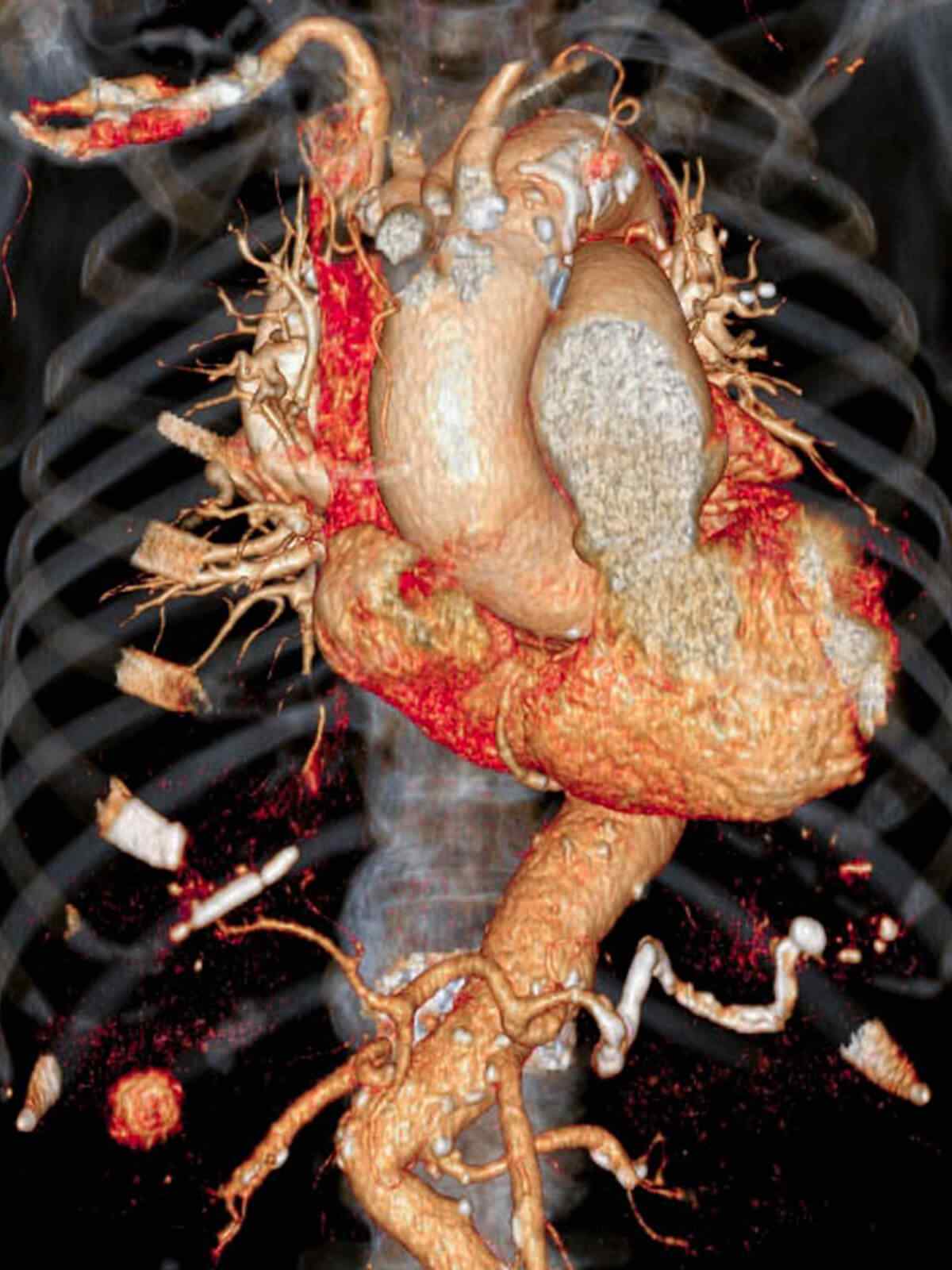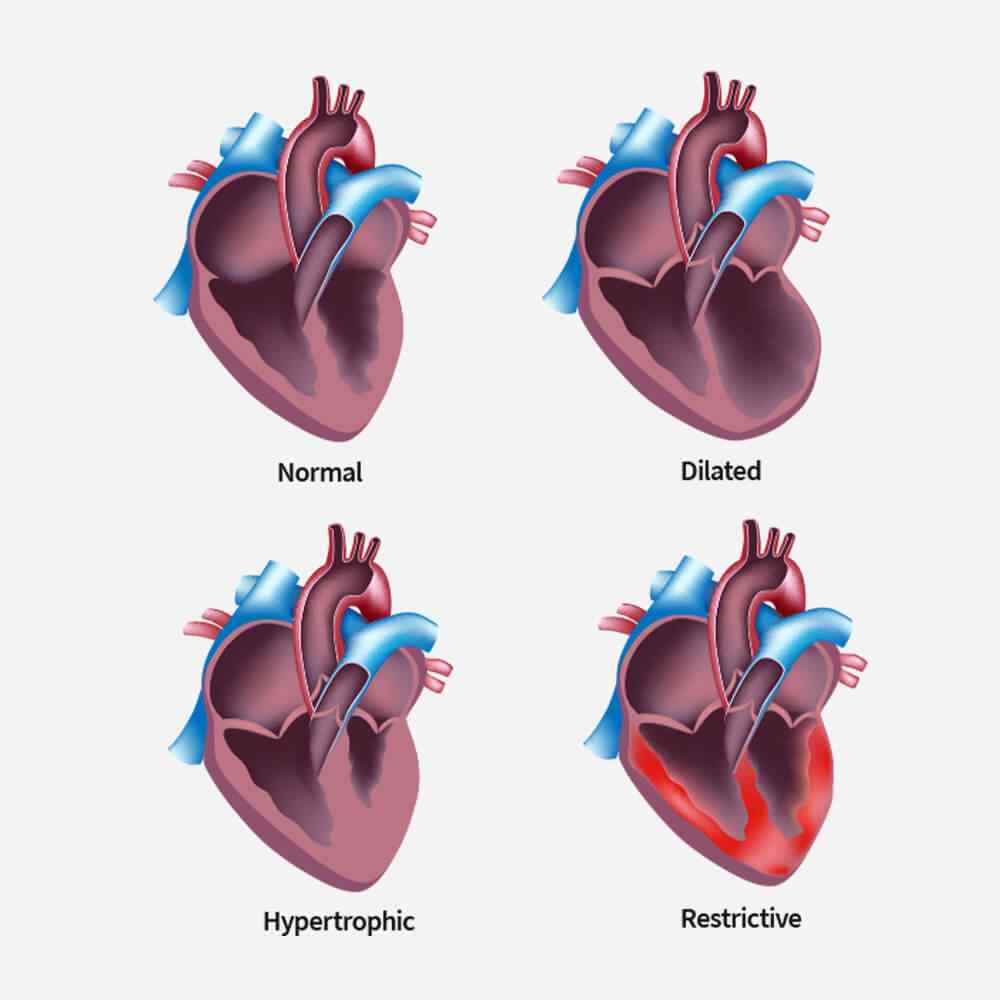Neuropathy
At Diamedics, our approach addresses the primary cause of neuropathy.
Schedule a Free Screening today.
Schedule a Free Screening today.
What Is Neuropathy?Understanding Neuropathy
Neuropathy, also known as peripheral neuropathy, refers to a condition resulting from damage to the peripheral nerves. These nerves are responsible for sending information from your brain and spinal cord (central nervous system) to the rest of your body. When these nerves are damaged, it can lead to pain, numbness, weakness, and other symptoms, primarily in the hands and feet.
Key Facts
- Common Condition: Affects millions of people worldwide.
- Various Causes: Can be caused by diabetes, infections, injuries, and other medical conditions.
- Types of Neuropathy: Includes peripheral, autonomic, proximal, and focal neuropathy, each affecting different parts of the body.
- Impact on Quality of Life: Can significantly affect daily activities and quality of life if not managed properly.
Types of Neuropathy
- Peripheral Neuropathy: Affects the hands, feet, and legs.
- Autonomic Neuropathy: Affects involuntary functions such as heart rate, digestion, and bladder control.
- Proximal Neuropathy: Affects the thighs, hips, or buttocks.
- Focal Neuropathy: Affects a specific nerve, often in the head, torso, or leg.


Recognizing Symptoms and Causes of Neuropathy
Symptoms
- Sensory Symptoms:
- Numbness or reduced ability to feel pain or temperature changes
- Tingling or burning sensation
- Sharp, jabbing, throbbing, or electric-like pain
- Extreme sensitivity to touch
- Lack of coordination and falling
- Motor Symptoms:
- Muscle weakness
- Paralysis if motor nerves are affected
- Autonomic Symptoms:
- Heat intolerance
- Excessive sweating or inability to sweat
- Bowel, bladder, or digestive problems
- Changes in blood pressure, leading to dizziness or fainting
Causes
- Diabetes: One of the most common causes, leading to diabetic neuropathy.
- Infections: Such as shingles, Lyme disease, and HIV/AIDS.
- Autoimmune Diseases: Including lupus and rheumatoid arthritis.
- Vitamin Deficiencies: Particularly B vitamins.
- Chronic Diseases: Such as kidney disease and liver disease.
- Exposure to Toxins: Including heavy metals and certain medications.
- Injuries: Resulting from accidents or repetitive stress.
- Genetic Disorders: Such as Charcot-Marie-Tooth disease.
Diagnosis
- Medical History and Physical Exam: Discuss symptoms and conduct a physical examination.
- Neurological Examination: Assess muscle strength, reflexes, and coordination.
- Blood Tests: Check for diabetes, vitamin deficiencies, and other potential causes.
- Nerve Function Tests:
- Electromyography (EMG): Measures electrical activity in muscles.
- Nerve Conduction Studies: Measures the speed of conduction of electrical impulses in nerves.
- Imaging Tests: Such as MRI or CT scans to look for underlying conditions.
- Nerve Biopsy: In some cases, a small piece of nerve is removed for examination.
Treatment & Management
- Medications:
- Pain relievers: Over-the-counter or prescription medications.
- Antidepressants and anti-seizure medications: Often used to manage nerve pain.
- Topical treatments: Creams and patches containing capsaicin or lidocaine.
- Therapies:
- Physical therapy: To improve muscle strength and coordination.
- Occupational therapy: To help manage daily activities.
- Lifestyle Changes:
- Proper diet and exercise: To manage underlying conditions such as diabetes.
- Avoiding alcohol and quitting smoking: To reduce nerve damage.
- Alternative Treatments:
- Acupuncture: May help reduce symptoms in some cases.
- Supplements: Such as vitamins B1, B6, and B12, alpha-lipoic acid, and fish oil, under a doctor’s supervision.
Prevention
- Manage Underlying Conditions: Such as diabetes, by maintaining healthy blood sugar levels.
- Healthy Lifestyle: Regular exercise, balanced diet, avoiding toxins, and not smoking.
- Regular Check-ups: Especially if you have conditions that increase the risk of neuropathy.
- Protect Your Nerves: Avoid repetitive motions, injuries, and exposure to harmful substances.

